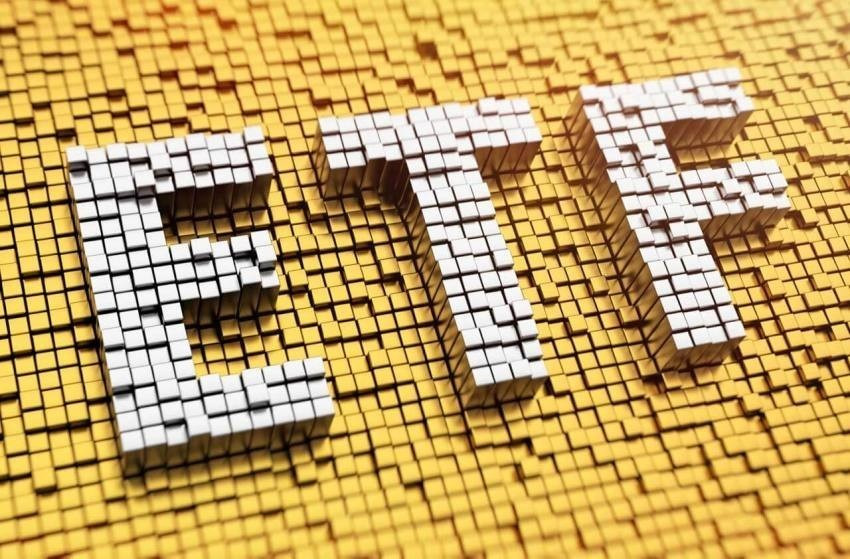Minimum requirements of a deposit
An indexed equity traded fund provides investors with a diversified index fund, as well as the opportunity to sell short-term. In this case the fund has the minimum requirements of a deposit. However, not all ETFs are equally diversified. Some may contain a small group of stocks, or assets that are highly correlated with each other.
Win or lose investment
While ETFs give investors the ability to make or lose investment, they also benefit from companies that pay dividends. Dividends are a part of the profits allocated or paid by companies to investors to maintain their shares.
Shareholders
Shareholders of exchange traded funds are entitled to a proportion of the earnings, such as interest earned or dividends paid, and may earn a residual value in the event of a liquidation of the fund.
Taxes
An exchange-traded fund is more efficient from a tax point of view than a mutual fund since shares are bought and sold at the same time. ETF sponsors do not need to redeem shares for each time an investor wishes to sell. Redempting shares in a fund can trigger a tax liability, so listing the shares on an exchange can keep tax costs lower. In the case of a mutual fund, taxes are generated each time an investor sells his shares.
Types of exchange-traded funds
- Exchange traded funds – designed to track like the S&P 500 or NASDAQ
- ETF bonds: designed to provide exposure to practically all types of bonds available such as treasury, corporate, municipal, international, high yield, among others.
- Industry and Sector ETFs – Designed to provide exposure to particular industries, such as oil, pharmaceuticals, or high-tech.
- Commodity Exchange Funds – Designed to track the price of commodities, such as gold, oil, or corn.
- For different types of investment or capitalization: such as large-cap value or those that are strategically generated to follow an investment style or market capitalization approach.
- Inverse ETFs – designed to benefit from a decline in the underlying market or index.
- Actively managed ETFs – designed to outperform an index, unlike most ETFs, which are designed to track an index
- Alternative Investment ETFs – Innovative structures, such as ETFs that allow investors to trade the volatility of a security.

